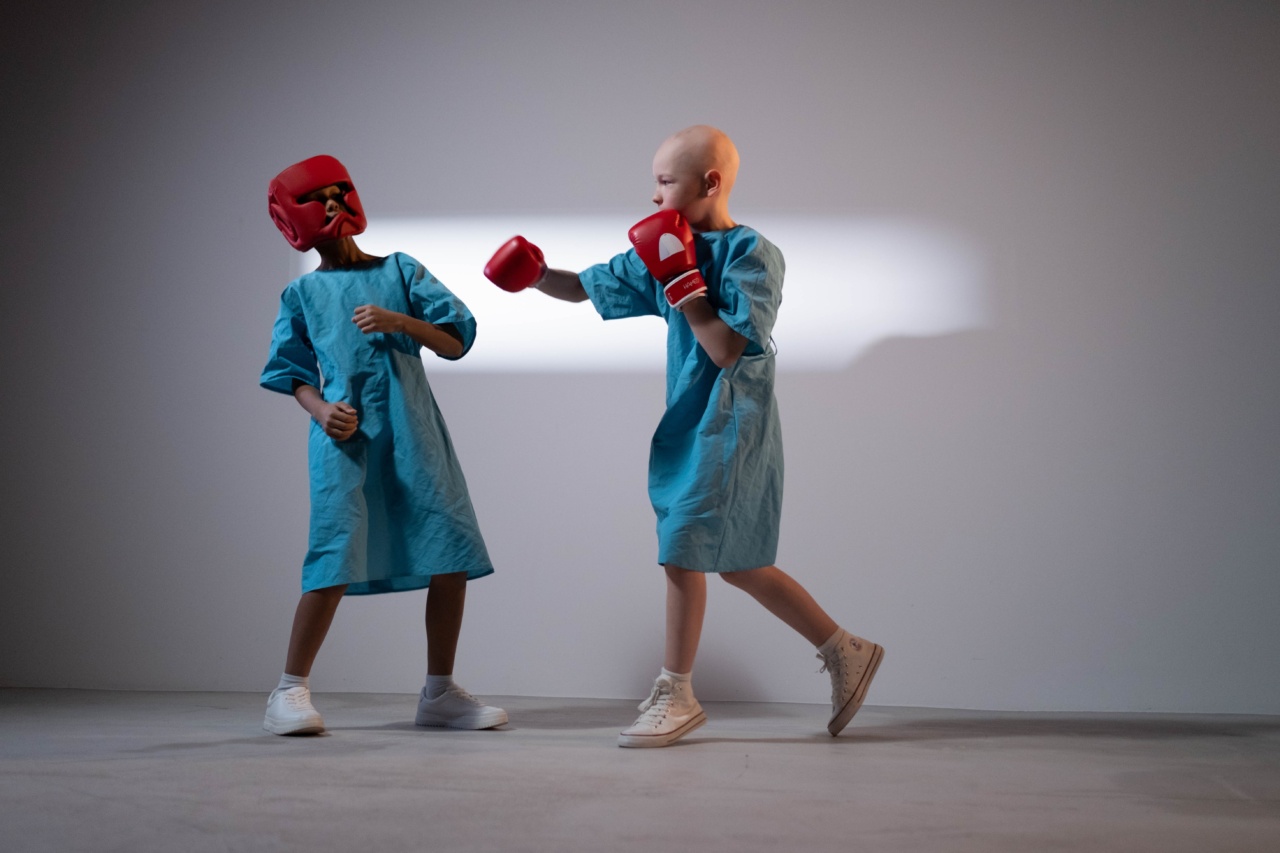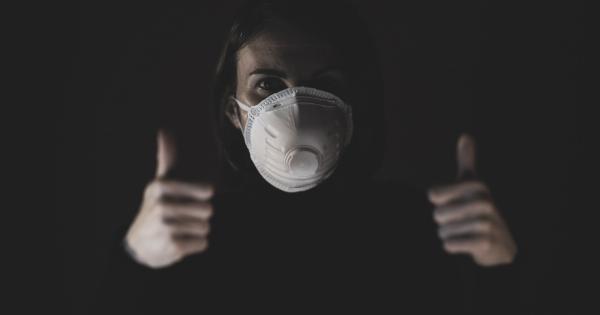As we age, our bodies become more susceptible to various diseases and health conditions, including cancer. Cancer is a complex disease that can affect people of all ages, but the risk increases significantly with age.
It is crucial for seniors to be aware of the different types of cancer that they may encounter and the steps they can take to prevent or fight them. In this article, we will discuss five types of cancer that commonly occur in older adults and explore strategies to combat them effectively.
1. Breast Cancer
Although breast cancer is typically associated with women, men are also at risk. As individuals age, the likelihood of developing breast cancer increases. Regular screenings, such as mammograms, are crucial for early detection.
Maintaining a healthy lifestyle, including regular exercise, a balanced diet, and limited alcohol consumption, can reduce the risk of developing breast cancer.
2. Colorectal Cancer
Colorectal cancer, which includes colon and rectal cancer, is common among older adults. Regular screenings, such as colonoscopies, are vital for early detection and treatment.
A diet rich in fruits, vegetables, and whole grains, along with regular physical activity, can lower the risk of colorectal cancer. It is also advisable to limit the consumption of processed meats and alcohol.
3. Lung Cancer
Lung cancer is primarily caused by smoking, and the risk increases with age. Quitting smoking is the most effective way to prevent lung cancer and improve overall health.
For older adults who have smoked for many years, doctors may recommend lung cancer screenings to detect any signs at an early stage. Avoiding exposure to secondhand smoke and maintaining good air quality indoors can also help reduce the risk.
4. Prostate Cancer
Prostate cancer is prevalent among older men. Regular screenings, such as prostate-specific antigen (PSA) tests, are essential for early detection.
Discussing the potential risks and benefits of screenings with a healthcare provider is crucial in making informed decisions. A healthy lifestyle, including a balanced diet, regular exercise, and maintaining a healthy weight, can also aid in the prevention and management of prostate cancer.
5. Skin Cancer
Skin cancer, including basal cell carcinoma, squamous cell carcinoma, and melanoma, becomes more common as individuals age.
Protecting the skin from harmful UV rays by wearing sunscreen, protective clothing, and staying in the shade can significantly reduce the risk of skin cancer. Regular self-examinations of the skin and annual check-ups with a dermatologist are also essential for early detection and treatment.
Conclusion
While the risk of developing cancer increases with age, it is important to remember that proactive measures can significantly reduce the chances of developing these diseases.
Regular screenings, healthy lifestyle choices, and awareness of the symptoms associated with various types of cancer are crucial for early detection and effective treatment. By staying informed and taking necessary precautions, older adults can effectively fight cancer and maintain their well-being.



























